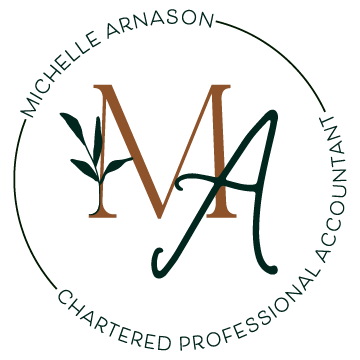Common Bookkeeping Mistakes to Avoid: A Roadmap to Financial Accuracy
Accurate bookkeeping is the foundation of sound financial management for businesses of all sizes. Properly maintained financial records not only ensure compliance with tax regulations but also provide valuable insights into your company's financial health. Unfortunately, there are a number of bookkeeping mistakes that are commonly made that often lead to financial discrepancies, compliance issues, and missed opportunities. In this blog post, we'll explore some of the most common bookkeeping mistakes and provide you with a roadmap to financial accuracy.
1. Neglecting Regular Reconciliation
One of the most critical aspects of bookkeeping is reconciling your financial records with your bank statements. Failing to do so regularly can lead to discrepancies that are challenging to trace. Ensure that your records match your bank statements each month to catch errors or discrepancies early
2. Misclassifying Expenses:
Improperly categorizing expenses can lead to inaccurate financial reporting. It's essential to create a clear and consistent expense categorization system and train your bookkeeping team to use it consistently. This will help you track spending accurately and take advantage of any applicable tax deductions.
3. Failing to Keep Receipts:
Maintaining physical or digital copies of receipts is vital for accurate record-keeping and tax compliance. Without receipts, it's challenging to verify expenses during an audit or for general expense tracking. Implement a system to capture and organize receipts efficiently.
4. Mixing Personal and Business Finances:
Many small business owners mix personal and business finances, making it difficult to track business expenses accurately. Open separate bank accounts for your business, and avoid using personal funds for business expenses. This separation simplifies bookkeeping and ensures compliance with tax regulations.
5. Ignoring Tax Deadlines:
Missing tax deadlines can lead to penalties and interest charges. Create a tax calendar and set reminders for filing dates, ensuring that you're always compliant with tax regulations.
6. Not Seeking Professional Advice:
Bookkeeping can be complex, and tax laws change regularly. Failing to seek professional advice when needed can lead to costly mistakes. Consider working with an accountant or bookkeeper, especially during tax season or when facing complex financial situations.
Accurate bookkeeping is essential for making informed financial decisions, maintaining compliance, and fostering the financial stability of your business. By understanding and actively avoiding these common bookkeeping mistakes, you'll create a solid foundation for financial accuracy. Regularly review your financial records, seek professional advice when necessary, and implement best practices to keep your books in excellent shape. Remember, accurate financial records are a valuable asset that can guide your business to greater success.

